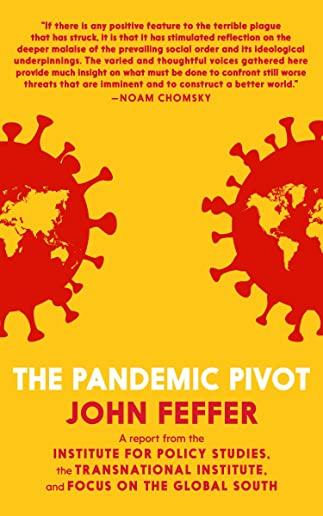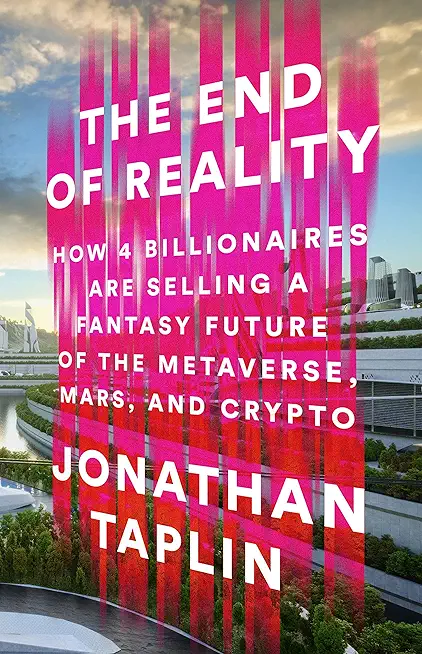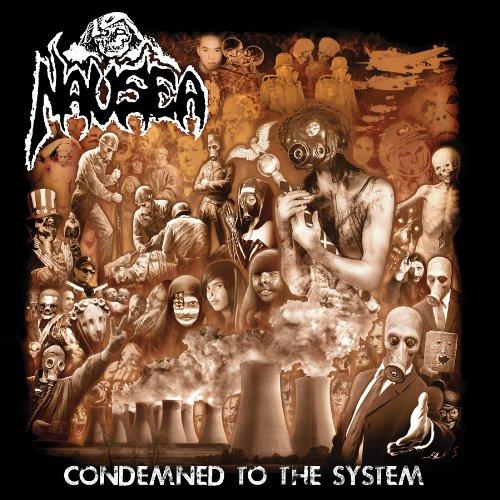
description
ation of wealth, power, and the American elite, exposing how the ruling class--intentionally or not--perpetuates cycles of injustice "[A] story about American inequity, and how it mindlessly, immorally, reproduces itself. Unlike most such stories, however, this one left me believing in the possibility...of drastic change." --Maggie Nelson, author of On Freedom Nick McDonell grew up on New York City's Upper East Side, a neighborhood defined by its wealth and influence. As a child, McDonell enjoyed everything that rarefied world entailed--sailing lessons in the Hamptons, school galas at the Met, and holiday trips on private jets. But as an adult, he left it behind to become a foreign correspondent in Iraq and Afghanistan. In Quiet Street, McDonell returns to the sidewalks of his youth, exhuming with bracing honesty his upbringing and those of his affluent peers. From Galápagos Island cruises and Tanzanian safaris to steely handshakes and schoolyard microaggressions to fox-hunting rituals and the courtship rites of sexually precocious tweens, McDonell examines the rearing of the ruling class in scalpel-sharp detail, documenting how wealth and power are hoarded, encoded, and passed down from one generation to the next. What's more, he demonstrates how outsiders--the poor, the nonwhite, the suburban--are kept out. Searing and precise yet ultimately full of compassion, Quiet Street examines the problem of America's one percent, whose vision of a more just world never materializes. Who are these people? How do they cling to power? What would it take for them to share it? Quiet Street looks for answers in a universal experience: coming to terms with the culture that made you.
member goods
No member items were found under this heading.
Return Policy
All sales are final
Shipping
No special shipping considerations available.
Shipping fees determined at checkout.







